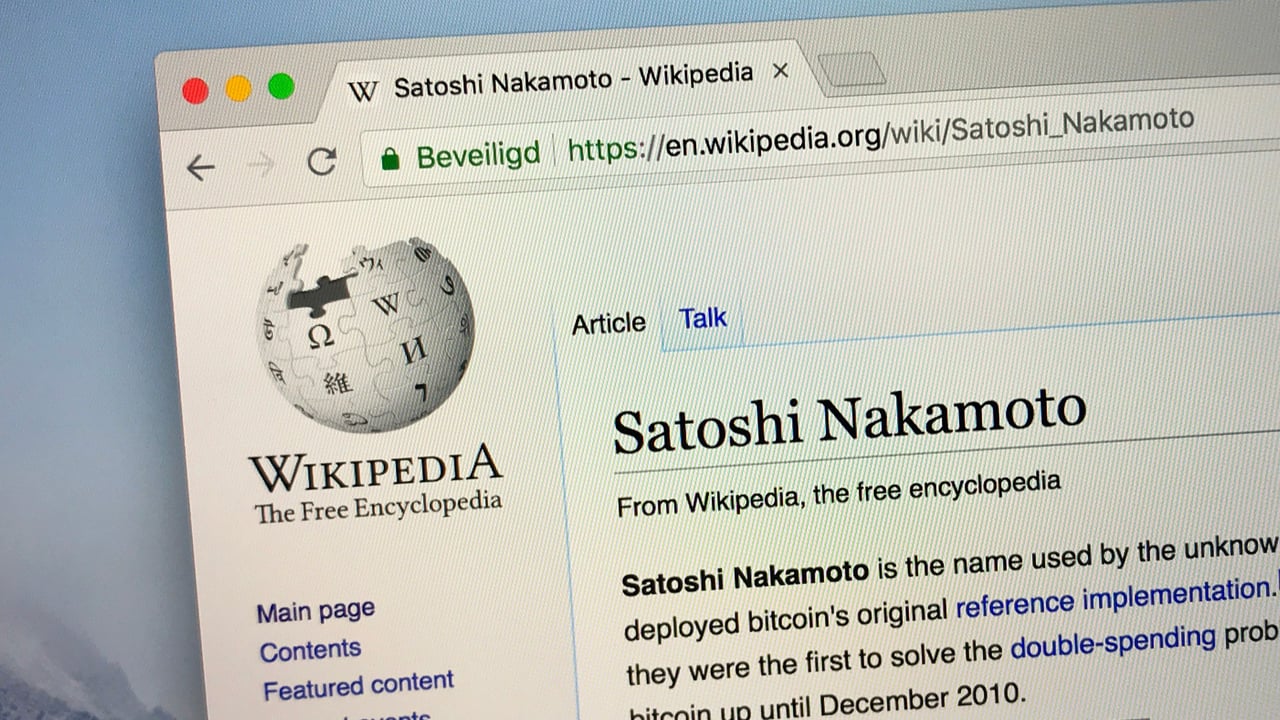
BTC proponents argued to Jimmy Wales that banks might work, but they’re not available to everyone and that storing BTC personally and storing fiat via banks are two different things.
Wikipedia co-founder Jimmy Wales took to X (formerly Twitter) on Dec. 11 to take a shot at Bitcoin (BTC), bragging that while many users have lost their Bitcoin because they forgot their wallet passwords, he’s never lost any money due to losing his bank password.
Wales’ comments didn’t resonate well with the wider Bitcoin and crypto community, who snapped back at the Wikipedia co-founder about its dependence on donations to run day-to-day operations.
In his X post, Wales sarcastically claimed that he forgot the password to his bank account and lost all his cash, only to then mock the BTC community by adding, “No, actually, that didn’t happen because banks work and Bitcoin doesn’t.”









